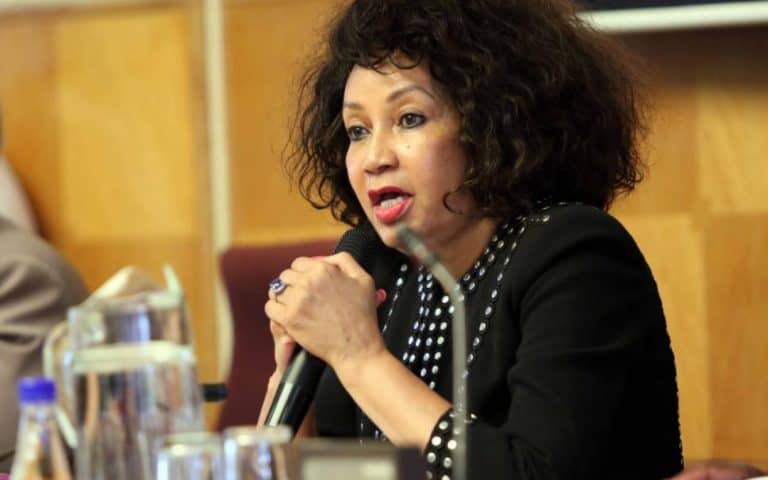AfriForum welcomes temporary relief for educational institutions in Johannesburg Metro property tax case
AfriForum and the respondents in the case pertaining to the excessive increase of educational institutions’ property taxes by the Johannesburg Metropolitan Municipality, today agreed in the Southern Gauteng High Court in Johannesburg that the case will be heard in October this year. A court order has been issued in this regard, and the parties will jointly approach the Deputy Judge President and/or the Registrar for a hearing date in October 2022.
This legal action follows after the Metro scrapped the specific property category that applied to educational institutions. The result is that public institutions will henceforth be assessed in the category of public service property and private schools in that for enterprises. The tax rates in these categories are drastically higher than in the 2021/22 financial year, regardless of whether private institutions qualify for recognition as non-profit organisations and therefore become eligible for a rebate.
The court order stipulates that pending the determination of the applications, the Johannesburg Metro will not take any credit control action in relation to any increased rates contained in its 2022/23 rates policy in respect of any private or public educational institution within its jurisdiction before 1 November 2022.
Educational institutions, including public and private schools, will therefore still be liable for the property tax paid in terms of the 2021/22 rates. However, if they are unable or unwilling to pay the difference between this amount and the amount that is due according to the new rates that apply for the 2022/2023 financial year of the Metro, no action will be taken against them to enforce the collection of this amount during this period.
According to Alana Bailey, AfriForum’s Head of Cultural Affairs, the temporary relief that the agreement offers to the educational institutions is welcomed. “AfriForum hopes that the case which will be heard in October will bring permanent clarity on the matter and relief from the new excessive tariffs. If this does not happen, there is a risk that some of the institutions will have to cut back on the quality of their services and tuition, or some may even have to close their doors ‒ steps that will be to the detriment of everyone in Johannesburg and, in fact, in South Africa,” she says.
“This recategorisation and the ensuing increases also create a dangerous precedent and AfriForum therefore takes a strong stand against it in order to protect the interests of all municipal taxpayers.”
- The respondents in the case are the Council, the Municipal Manager and Executive Mayor of the City of Johannesburg Metropolitan Municipality, the Minister of Cooperative Governance and Traditional Affairs, the Minister of Basic Education, the MEC for Education in Gauteng and the Minister for Higher Education and Training.









